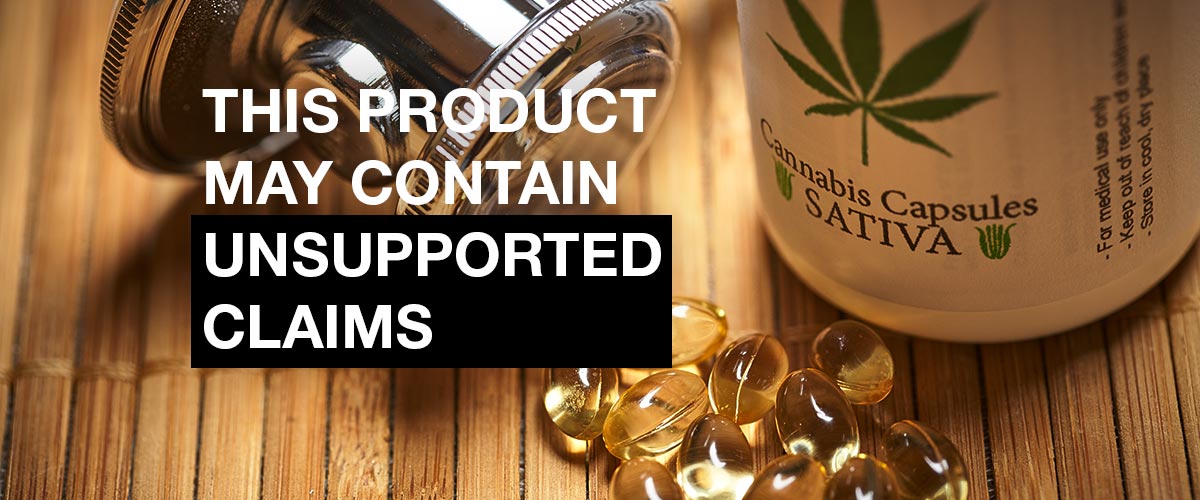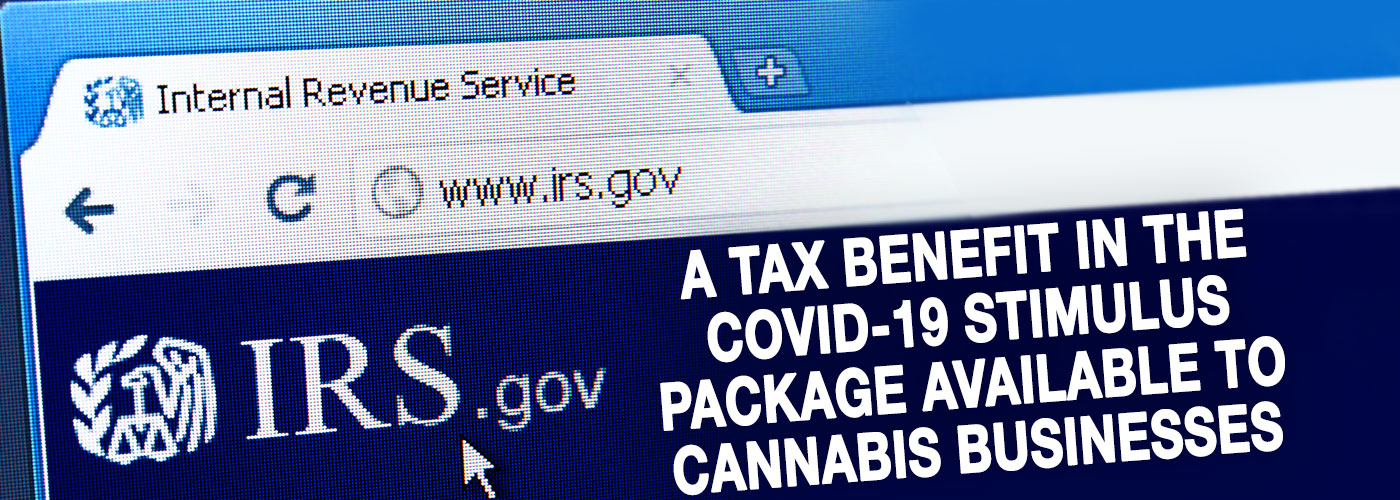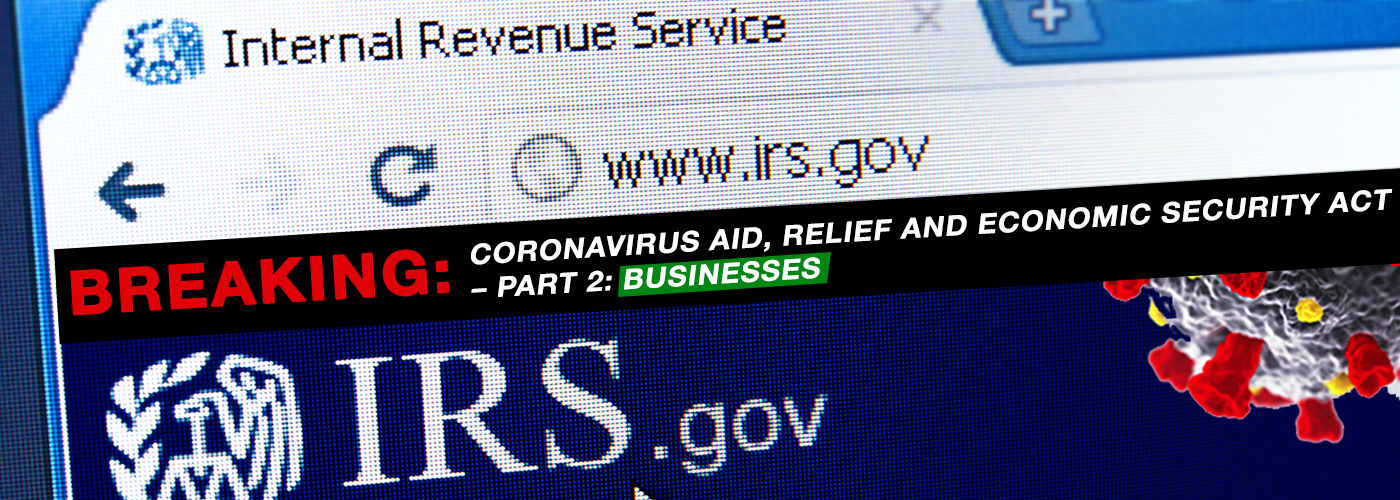Beware Of Unsupported Claims That Cannabis Or CBD Products Will Protect Or Cure You From Coronavirus
Beware Of Unsupported Claims That Cannabis Or CBD Products Will Protect Or Cure You From Coronavirus
The Federal Trade Commission (FTC) and U.S. Food and Drug Administration (FDA) announced that they have sent warning letters to companies allegedly selling unapproved products that may violate federal law by making deceptive or scientifically unsupported claims about their ability to treat or cure coronavirus (COVID-19). Some of the letters sent by the agencies include CBD Online Store, Indio Naturals, Native Roots Hemp and Neuro XPF.
As of yet no substantiated clinical data supporting either the prophylactic or therapeutic use of cannabis products in the treatment of COVID-19.
Smoking Though Could Put You At Risk
A report issued by the World Health Organization states that tobacco and waterpipe could increase the risk of suffering from COVID-19 as this is a respiratory illness.
The report recognizes that tobacco use is the most important risk-factor for chronic obstructive pulmonary disease (COPD), causing the swelling and rupturing of the air sacs in the lungs, which reduces the lung’s capacity to take in oxygen and expel carbon dioxide, and the build-up of mucus, which results in painful coughing and breathing difficulties. This may have implications for smokers, given that smoking is considered to be a risk factor for any lower respiratory tract infection and the virus that causes COVID-19 primarily affects the respiratory system, often causing mild to severe respiratory damage. Clearly for cannabis edibles this is not an issue. However, given that COVID-19 is a novel virus, the link between tobacco smoking or even smoking cannabis and the virus has yet to be established so more research will be necessary.
DEA Taking Action To Improve Access To Cannabis Research
The Drug Enforcement Administration (“DEA”) announced on August 26, 2019 that it is moving forward to facilitate and expand scientific and medical research for marijuana in the United States. The DEA is providing notice of pending applications from entities applying to be registered to manufacture marijuana for researchers.
DEA Acting Administrator Uttam Dhillon stated: “the DEA is making progress in the program to register additional marijuana growers for federally authorized research, and will work with other relevant federal agencies to expedite the necessary next steps. We support additional research into marijuana and its components, and we believe registering more growers will result in researchers having access to a wider variety for study.”
Since 1968, only the University of Mississippi has been allowed to cultivate and provide cannabis to medical researchers across the country. The DEA anticipates that registering additional qualified marijuana growers will increase the variety of marijuana available for these purposes.
DEA’s Position Runs Against The General Anti-Federal U.S. Climate
The Federal Controlled Substances Act (“CSA”) 21 U.S.C. § 812 classifies marijuana as a Schedule 1 substance with a high potential for abuse, no currently accepted medical use in treatment, and lack of accepted safety for use under medical supervision. Although you can still face federal criminal charges for using, growing, or selling weed in a manner that is completely lawful under California law, the federal authorities in the past have pulled back from targeting individuals and businesses engaged in medical marijuana activities. This pull back came from Department of Justice (“DOJ”) Safe Harbor Guidelines issued in 2013 under what is known as the “Cole Memo”.
The Cole Memo included eight factors for prosecutors to look at in deciding whether to charge a medical marijuana business with violating the Federal law:
- Does the business allow minors to gain access to marijuana?
- Is revenue from the business funding criminal activities or gangs?
- Is the marijuana being diverted to other states?
- Is the legitimate medical marijuana business being used as a cover or pretext for the traffic of other drugs or other criminal enterprises?
- Are violence or firearms being used in the cultivation and distribution of marijuana?
- Does the business contribute to drugged driving or other adverse public health issues?
- Is marijuana being grown on public lands or in a way that jeopardizes the environment or public safety?
- Is marijuana being used on federal property?
Since 2013, these guidelines provided a level of certainty to the marijuana industry as to what point could you be crossing the line with the Federal government. But on January 4, 2018, former Attorney General Jeff Sessions revoked the Cole Memo. Now U.S. Attorneys in the local offices throughout the country retain broad prosecutorial discretion as to whether to prosecute cannabis businesses under federal law even though the state that these businesses operate in have legalized some form of marijuana.
House Appropriations Bill Amendment
The Blumenauer McClintock Amendment sponsored by Reps. Earl Blumenauer (D-OR), Eleanor Holmes Norton (D-DC) and Tom McClintock (R-CA) that was included in the appropriations bill to fund parts of the federal government for Fiscal Year 2020, states that:
“None of the funds made available under this House Appropriations Bill to the Department of Justice may be used to prevent to any State, territory or D.C. from implementing their own laws that authorize the use, distribution, possession, or cultivation of marijuana.”
In the past such amendment (starting in 2014) was limited to medical marijuana state-licensed business but this expansion is huge given that nearly one in four Americans reside in a jurisdiction where the adult use of cannabis is legal under state statute.
Medical marijuana is legal in 33 states.
The medical use of cannabis is legal (with a doctor’s recommendation) in 33 states and Washington DC. Those 33 states being Alaska, Arizona, Arkansas, California, Colorado, Connecticut, Delaware, Florida, Hawaii, Illinois, Maine, Louisiana, Maryland, Massachusetts, Michigan, Minnesota, Missouri, Montana, Nevada, New Hampshire, New Jersey, New Mexico, New York, North Dakota, Ohio, Oklahoma, Oregon, Pennsylvania, Rhode Island, Utah, Vermont, Washington and West Virginia. The medical use of cannabis is also legal in the territories of the Northern Mariana Islands, Guam and Puerto Rico.
Recreational marijuana is legal in 11 states.
Eleven states and Washington DC, have legalized marijuana for recreational use — no doctor’s letter required — for adults over the age of 21. Those ten states being Alaska, California, Colorado, Illinois, Maine, Massachusetts, Michigan, Nevada, Oregon, Vermont and Washington and the territory of Guam.
Building on the DOJ’s issuance of the Cole Memo, in 2014 the House passed an amendment to the yearly federal appropriations bill that effectively shields medical marijuana businesses from federal prosecution. Proposed by Representatives Rohrabacher and Farr, the amendment forbids federal agencies to spend money on investigating and prosecuting medical marijuana-related activities in states where such activities are legal.
This action by the House is not impacted by former Attorney General Sessions’ change of position with the DOJ. This means that the DOJ is precluded from spending funds to circumvent any of the foregoing states from implementing their medical cannabis laws.
Clearly, to avail yourself of the historical protections of the amendment, you must be on the medical cannabis side and you must be in complete compliance with your State’s medical cannabis laws and regulations. You may not be covered under the amendment if you are involved in the recreational cannabis side even if legal in the State you are operating.
How Do You Know Which Cannabis Tax Attorney Is Best For You?
Given that cannabis is still illegal under existing Federal law you need to protect yourself and your marijuana business from all challenges created by the U.S. government. While cannabis is legal in California, that is not enough to protect you. It’s coming down that the biggest risk is TAXES. Be proactive and engage an experienced Cannabis Tax Attorney in your area. Let the tax attorneys of the Law Offices Of Jeffrey B. Kahn, P.C. located in Orange County (Irvine), Metropolitan Los Angeles (including Long Beach and Ontario) and other California locations protect you and maximize your net profits. By the way – if you are involved in crypto currency, check out what a bitcoin tax attorney can do for you.











 Follow
Follow Follow
Follow